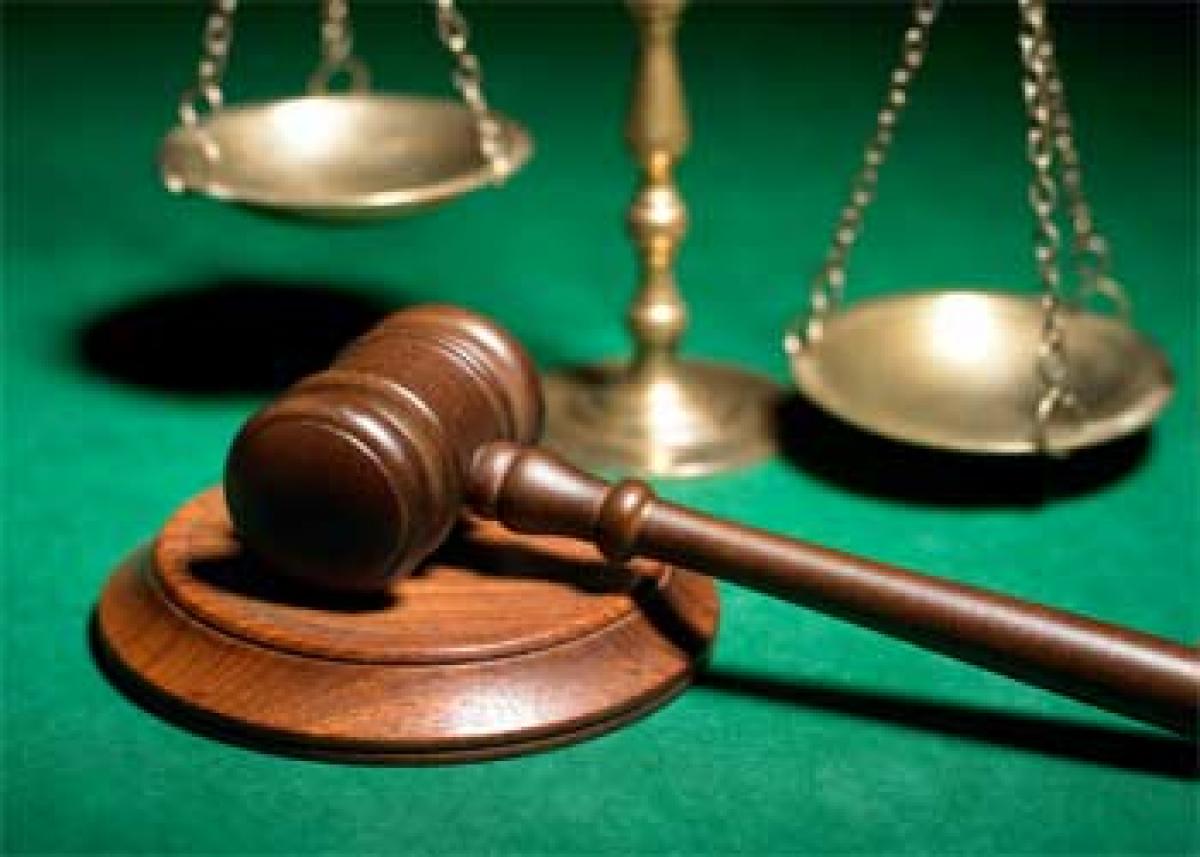Media coverage of court cases

Media coverage of court cases. In a recent incident, a judge in a criminal court in Hyderabad pointedly asked a journalist covering a seemingly high profile case to walk out of the court.
.jpg) In a recent incident, a judge in a criminal court in Hyderabad pointedly asked a journalist covering a seemingly high profile case to walk out of the court. Members in the media were clueless as to what prompted the judge to do so and also whether they were caught between the management (their employer) requiring them to cover cases and the wing of administration of justice which prevented them from covering the story.
In a recent incident, a judge in a criminal court in Hyderabad pointedly asked a journalist covering a seemingly high profile case to walk out of the court. Members in the media were clueless as to what prompted the judge to do so and also whether they were caught between the management (their employer) requiring them to cover cases and the wing of administration of justice which prevented them from covering the story.
Fortunately the controversy did not gain currency thanks to a member of the fourth estate. I got to revisit the ruling of the Apex court in the Sahara case. It is so important for constitutional and public functionaries to understand that constitutional governance is all about limited powers.
Those clothed in power- be it the street side constable, the cane wielding school teacher or the men in black robes seated in authority-must understand that the system not only empowers but also entrusts them. Their work station is not the gym for muscle flexing.
Dealing with increasing incidents of media trial and its tendency to go overboard, the Apex court in the judgement stated above said, “Such incidents are increasing by the day. Such reporting not only affects the business sentiments but also interferes in the administration of justice.”
It rightly recognised that, “The time has come that this court should give appropriate directions with regard to reporting of matters (in electronic and print media) which are sub judice”. The court rightly echoed an earlier sentiment that clearly declared, “A trial by press, electronic media or public agitation is the very antithesis of rule of law”.
In the context of the Sahara case and its report the Supreme Court was dealing with an application for “Appropriate guidelines be framed withregard to reporting (in the electronic and print media) of matters which are sub judice in court and the manner and extent of publicity to be given by the print/ electronic media ofpleadings/ documents filed in a proceeding in court which is pending and not yet adjudicated upon.”
In a milestone ruling the Apex court toured world jurisprudence. It went on to point out that the pivotal place for the right of expression enjoyed in the USA is not shared in many countries including the likes of Canada, India, the UK and Australia. The bench said, “The First Amendment does not tolerate any form of restraint.
In the US, unlike India and Canada which also have written Constitutions, freedom of the press is expressly protected as an absolute right The US Constitution does not have provisions similar to Section 1 of the Charter Rights under the Canadian Constitution nor is such freedom subject to reasonable restrictions as we have under Article 19(2) of the Indian Constitution.”
Examining the law from the Indian context the bench said, “Apart from balancing it makes the media know where they stand in the matters of reporting of court cases. To this extent, the discretion of courts under common law contempt has been reduced to protect the media from getting punished for contempt under strict liability contempt. ….Thus, narrowly focussed prior restraints are provided for, on either a statutory or judicial basis.”
No judge in the system has ever tinkered with the freedom of the expression without a caveat. It is indeed a misfortune that while India runs to the USA for its eating style and lesser peripheral culture similarities, we have to find a bold attempt to go the whole way for freedom of expression and give it the prime place it deserves to counter balance forces that are out there to determine what is good for society.
The bench itself reasoned, “Freedom of expression is one of the most cherished values of a free democratic society. It is indispensable to the operation of a democratic society whose basic postulate is that the government shall be based on the consent of the governed.”
In its ruling the Apex court pointed out and if I may add sadly, “It must not be forgotten that no single value, no matter exalted, can bear the full burden of upholding a democratic system of government. Underlying our Constitutional system is a number of important values, all of which help to guarantee our liberties, but in ways which sometimes conflict.
Under our Constitution, probably, no values are absolute. All important values, therefore, must be qualified and balanced against, other important, and often competing, values.” I would believe that the local court had far out reached the width of power stated by the Apex court but that will wait for another day.
By L Ravichander















